Toyota raises EV targets & presents 15 concept cars
Toyota has made its electric plans more concrete. At the strategy update event, the Japanese company showed a series of concept cars as a preview of future battery-electric models. Lexus is to play an important role in the BEV plans and the premium brand is to offer only BEVs from 2035.
Toyota and Lexus plan to launch 30 BEV models worldwide in the passenger car and commercial vehicle segments by 2030, reaching global annual sales of 3.5 million BEVs by that date. One million of these are to be accounted for by the Lexus brand, which plans to offer only BEVs in Europe, North America and China from 2030 and worldwide from 2035. In Europe, the Toyota brand also plans to sell only zero-emission models from 2035, as announced in early December – in line with EU targets.
The bZ series is to be expanded under the Toyota brand. That the recently presented bZ4X will not remain a one-off was foreseeable in view of the dedicated electric platform, but now there are more details. Toyota president Akio Toyoda showed a few more near-production concept vehicles at the strategy update, a smaller SUV, a mid-size sedan and a large SUV with three rows of seats.
According to Toyoda, the developers have put a special focus on efficiency. “The more batteries you add to extend cruising range, the bigger, heavier, and more expensive a vehicle becomes,” the Toyota president said. For the small SUV, the Japanese company is aiming for power consumption of 125 Wh/km, or 12.5 kWh/100km. Toyoda, however, did not give further details on the drive or battery system.
Lexus is banking on solid-state batteries
At the event, the Lexus brand announced the RZ, an electric crossover model. But it also unveiled the concept of an electric sedan and a Lexus-logoed sports car. “In particular, we believe that the Battery EV will become the future symbol of Lexus as a model that most clearly expresses the evolution of the automobile brought about by electrification,” says Koji Sato, Chief Brand Officer at Lexus.
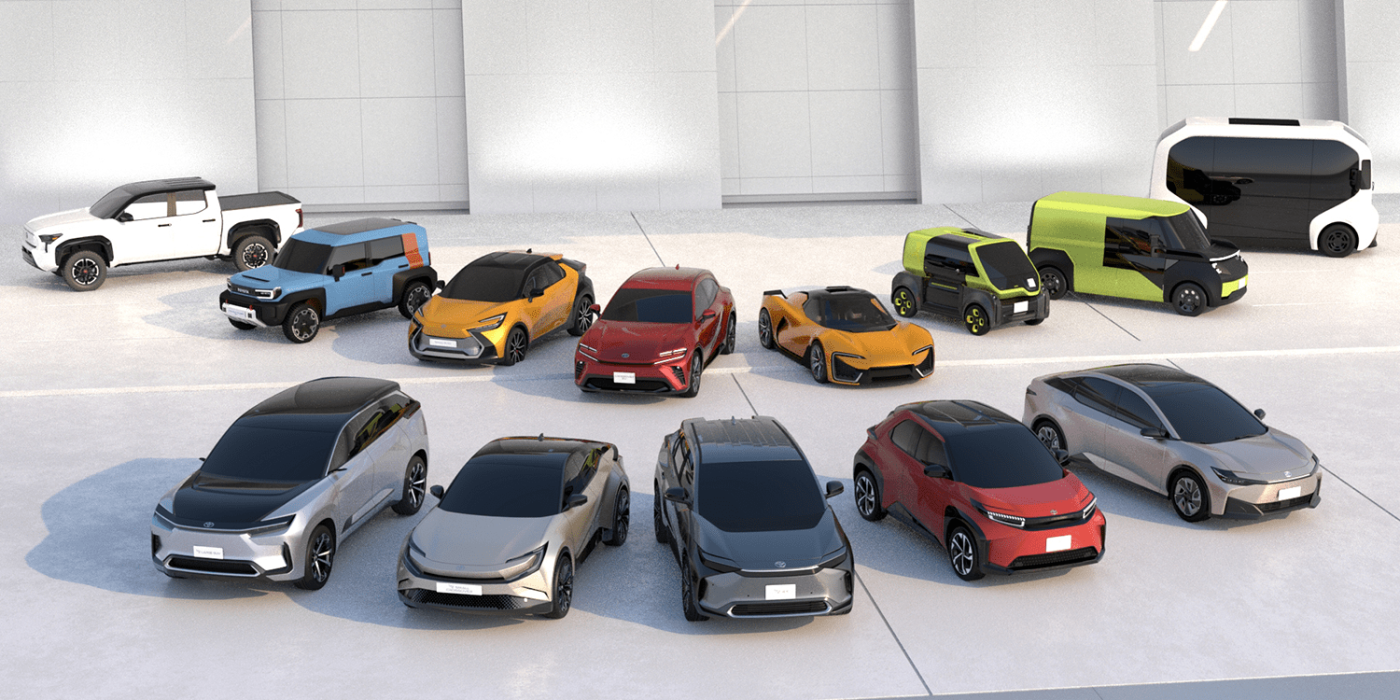
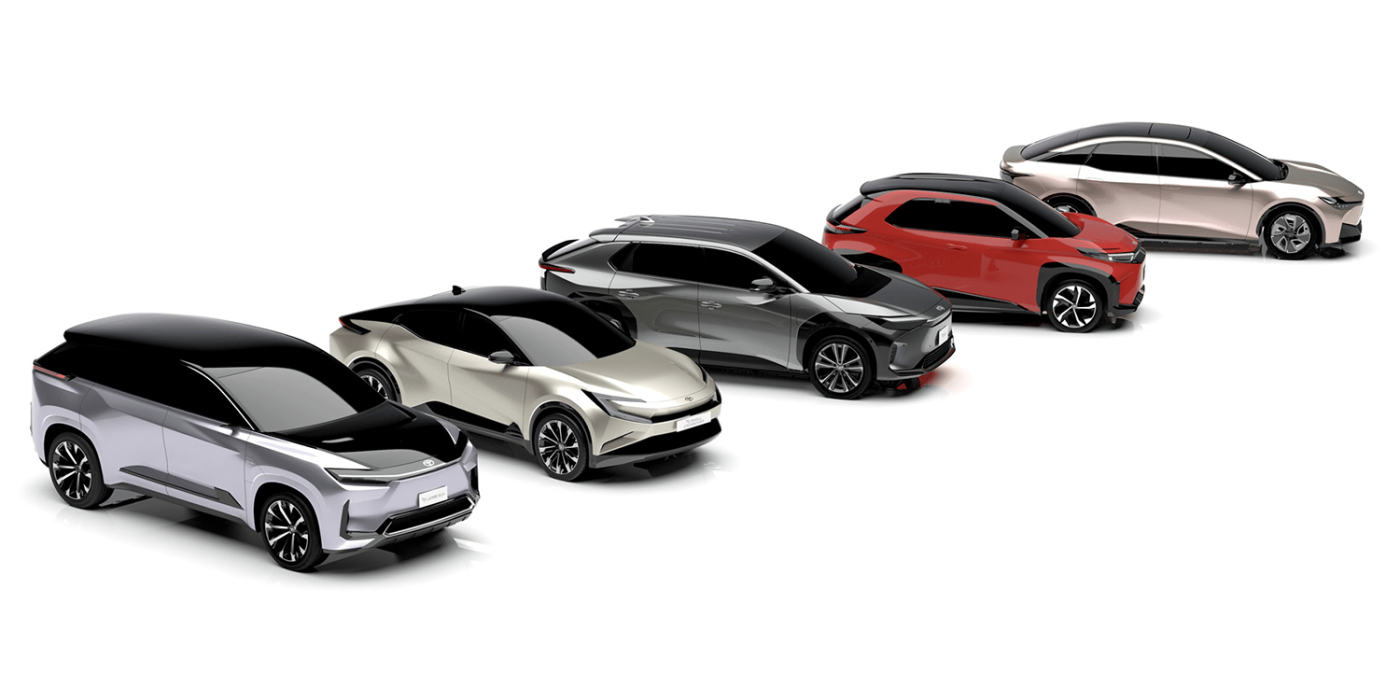
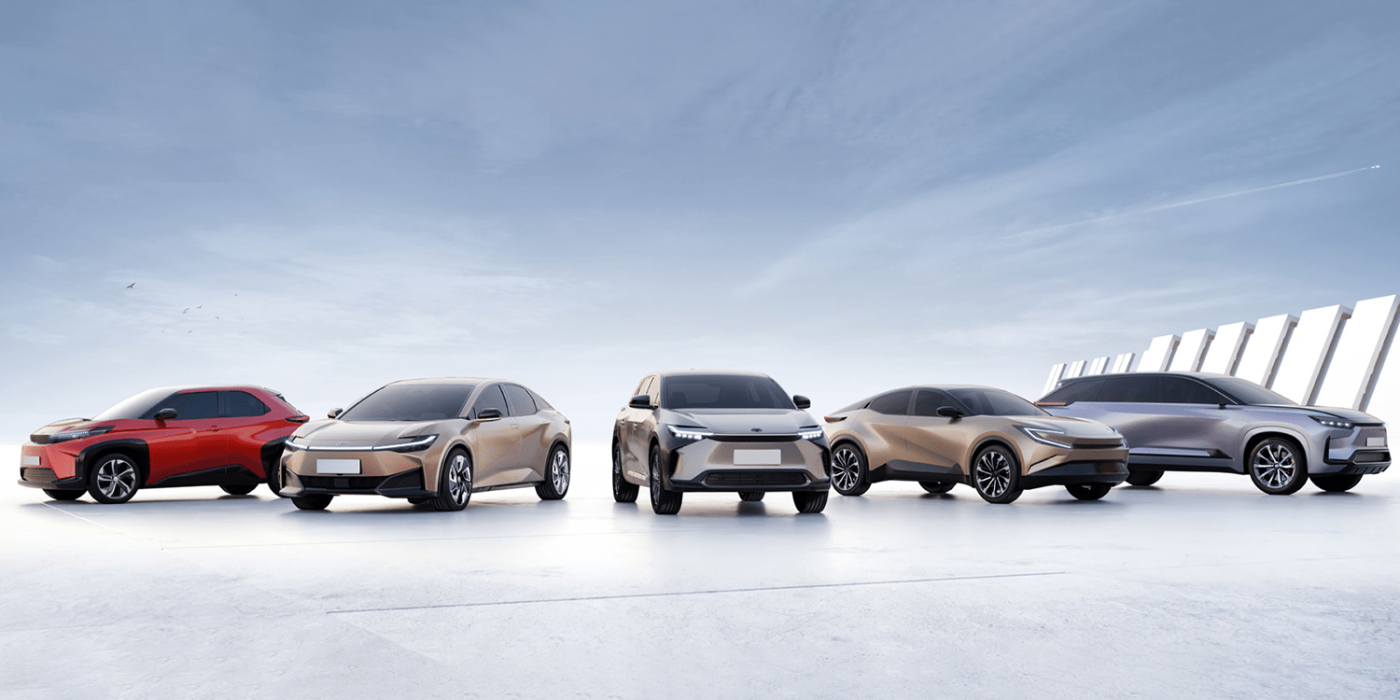
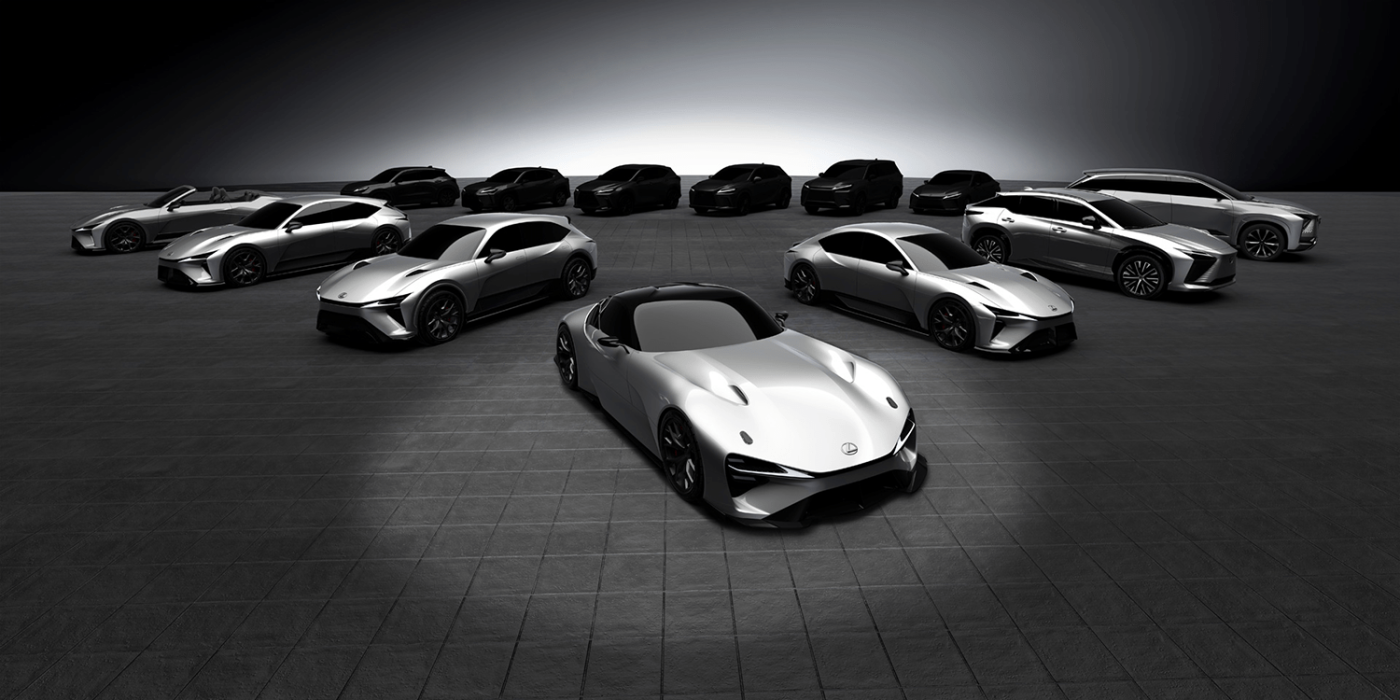
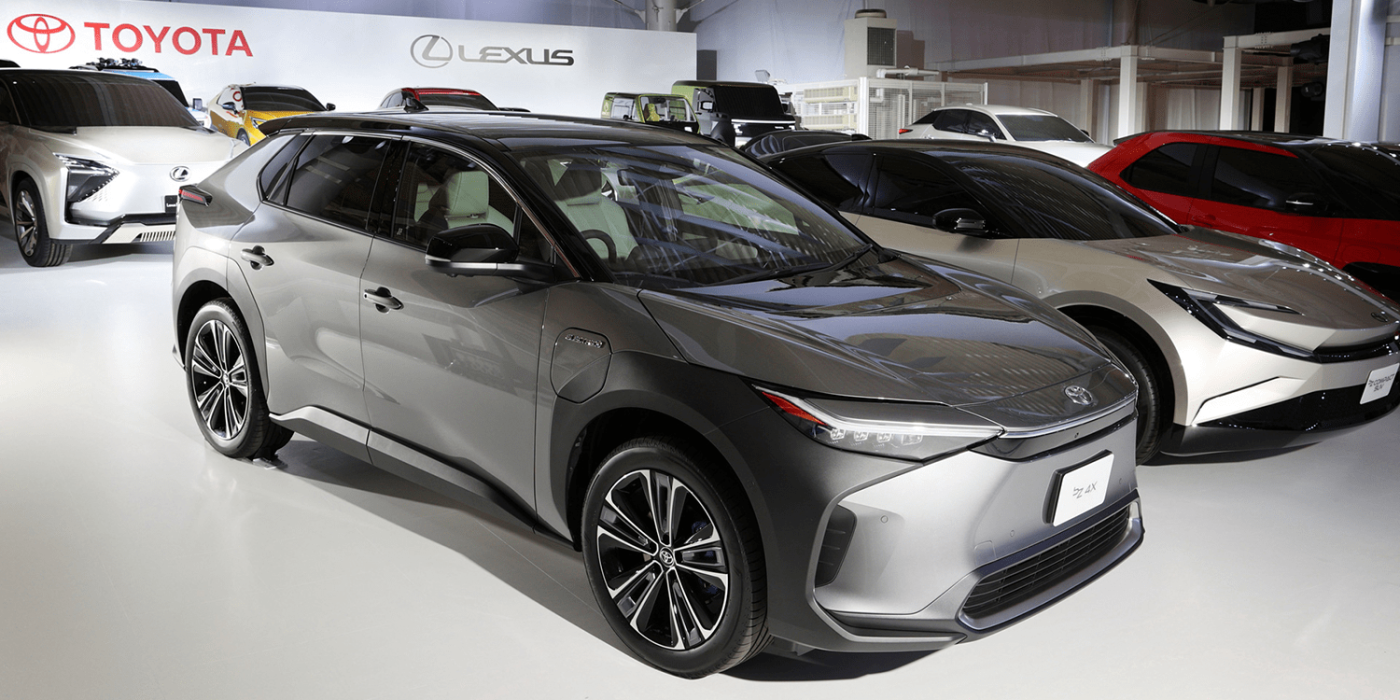
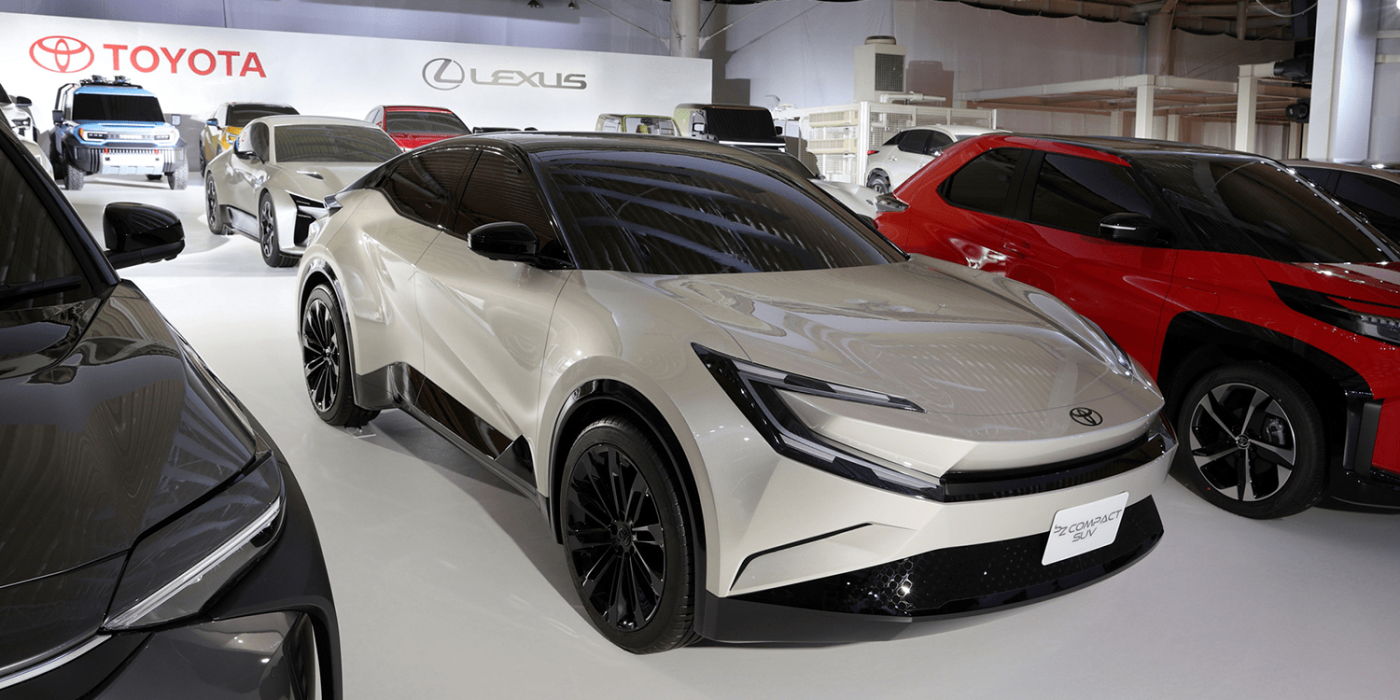
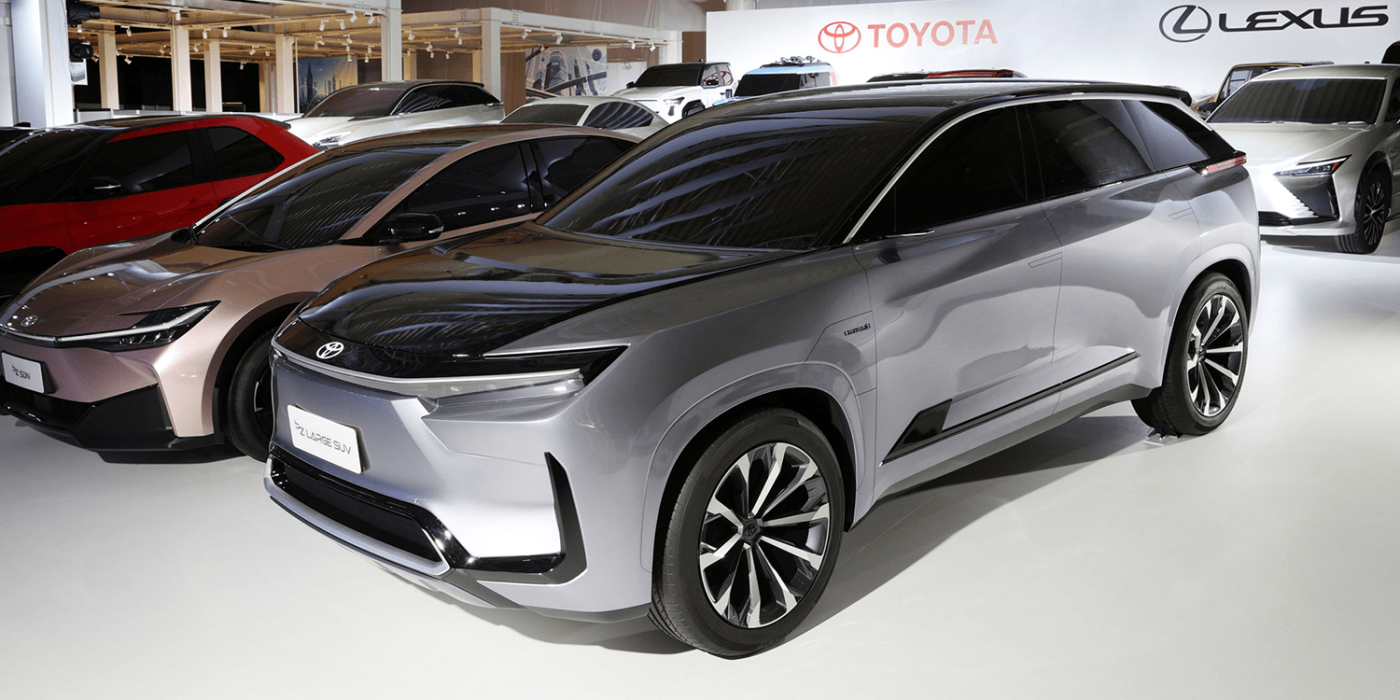
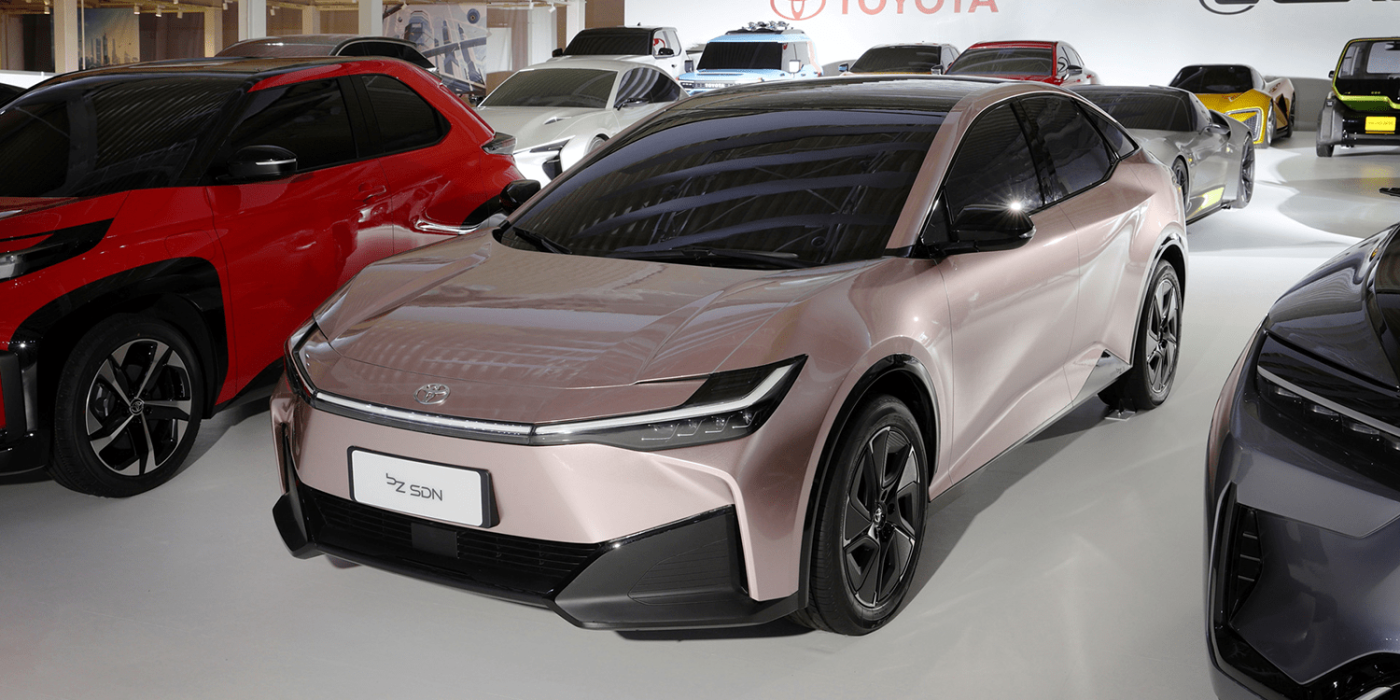
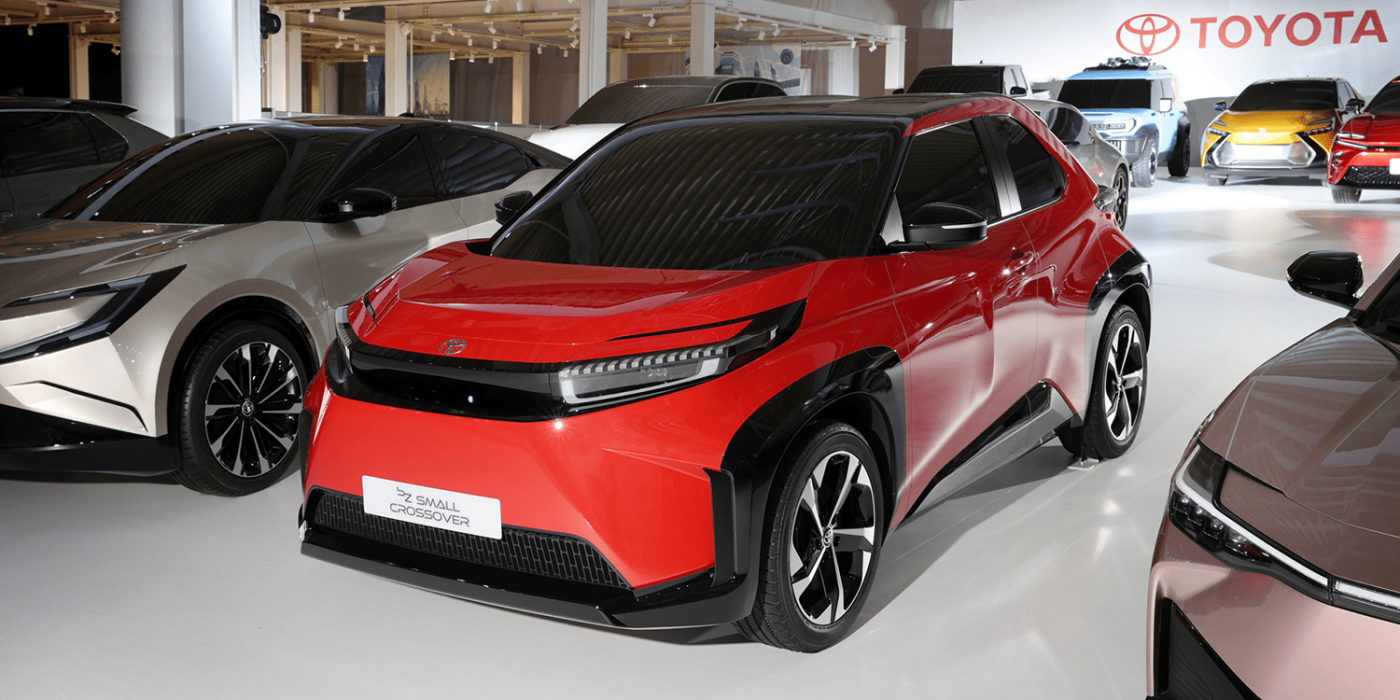
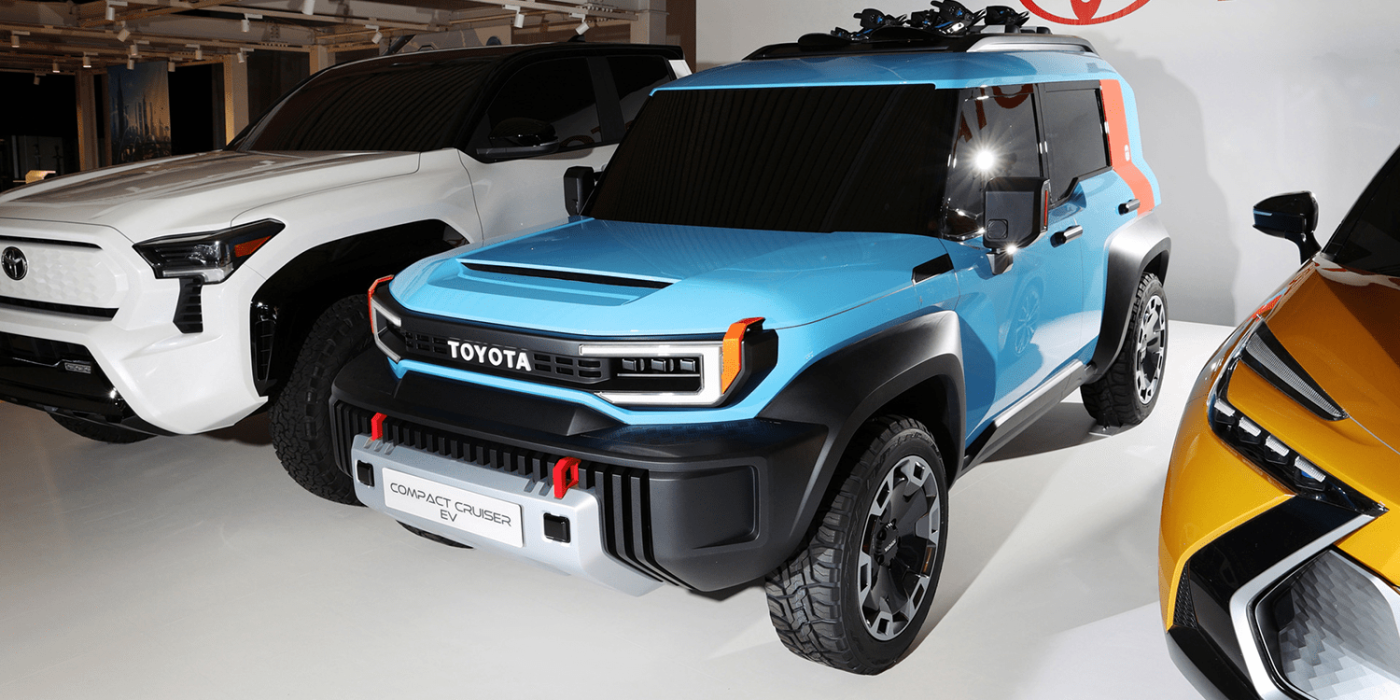
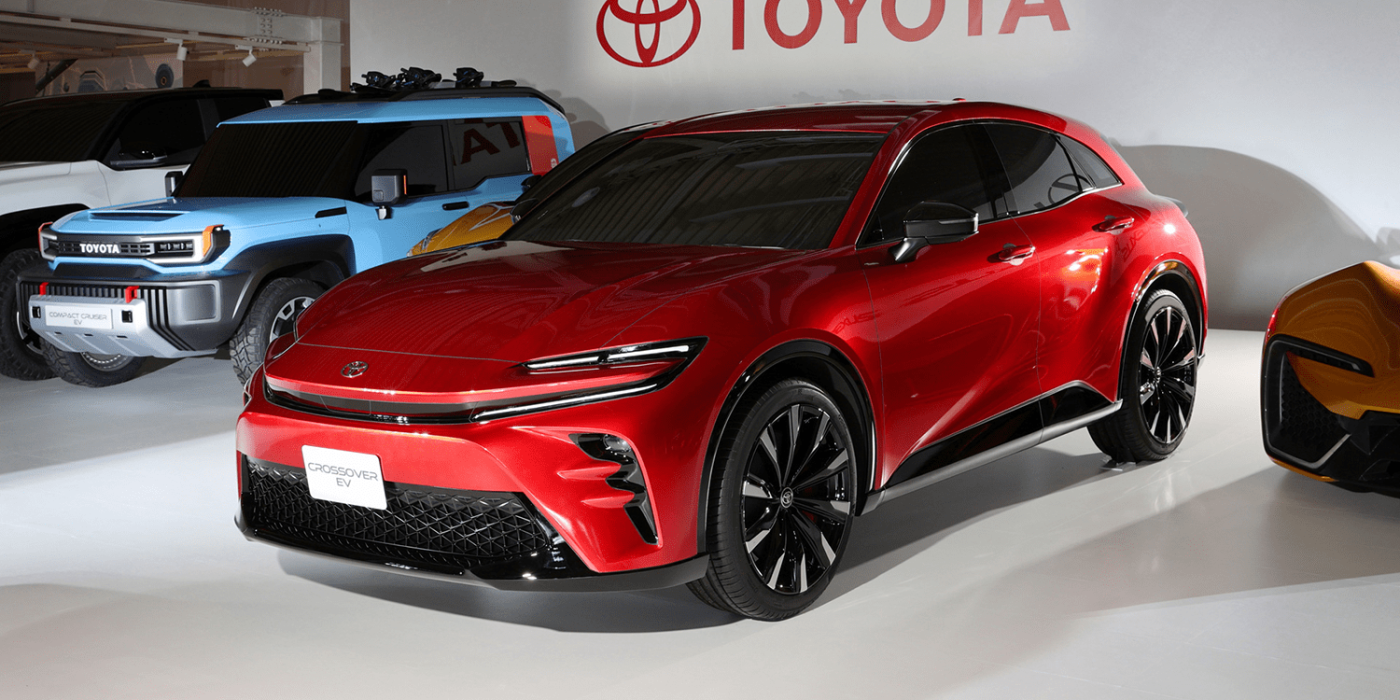
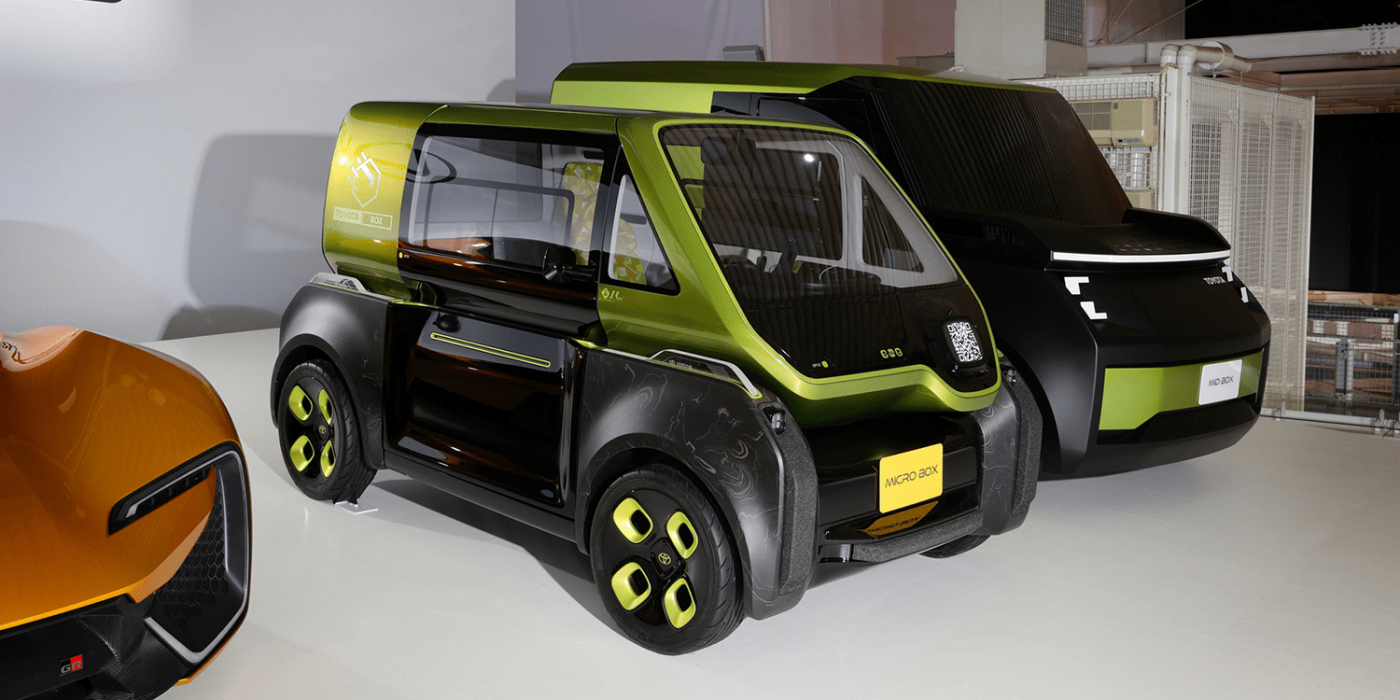
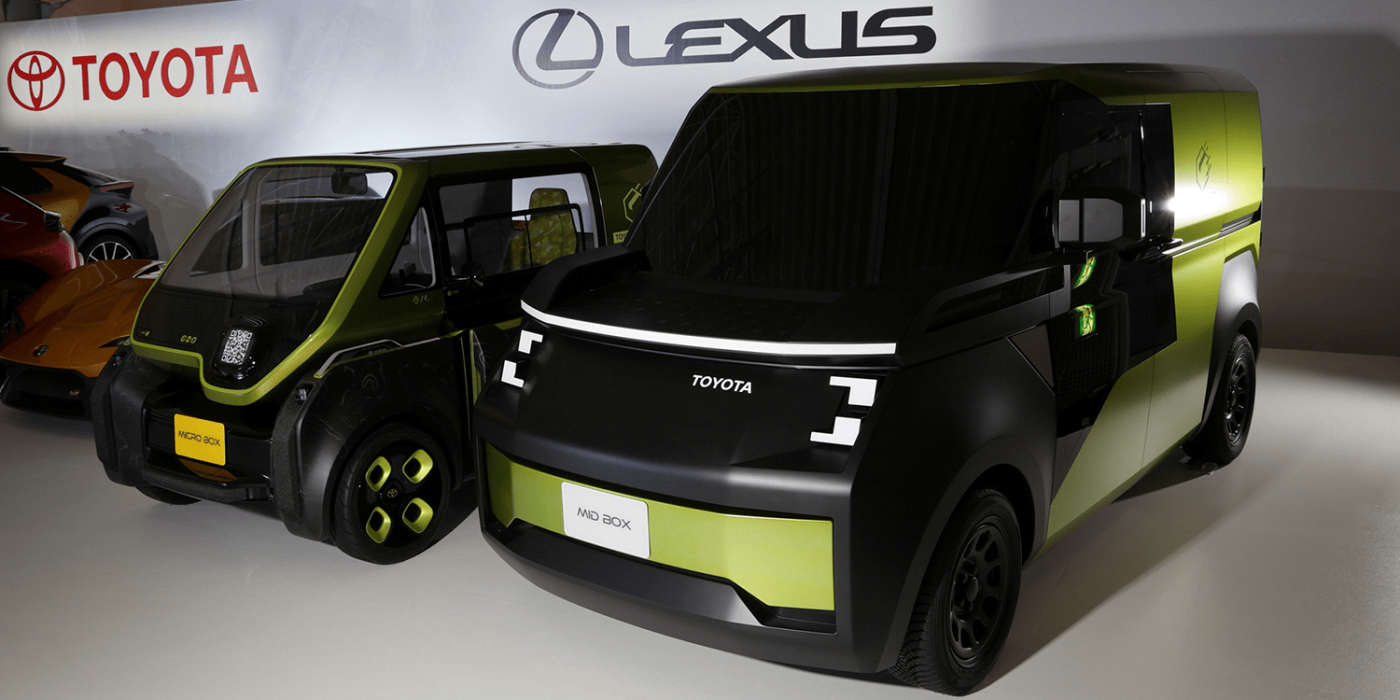
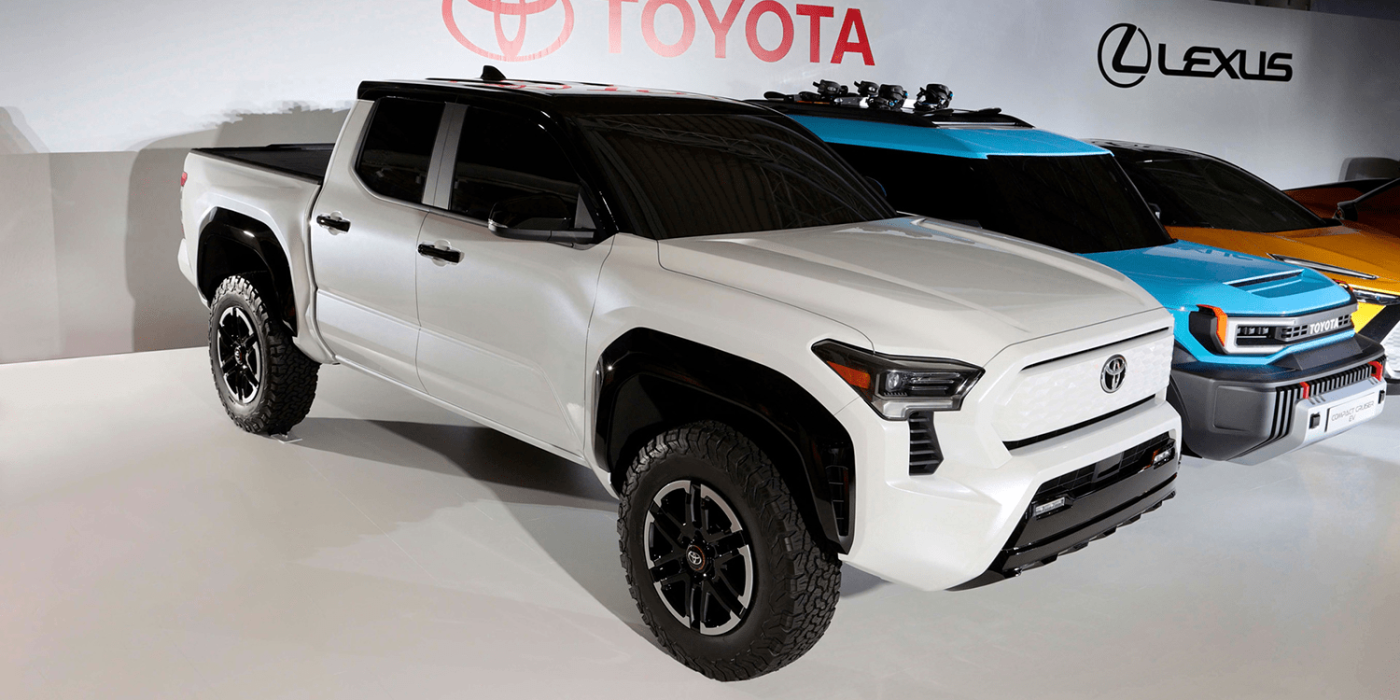
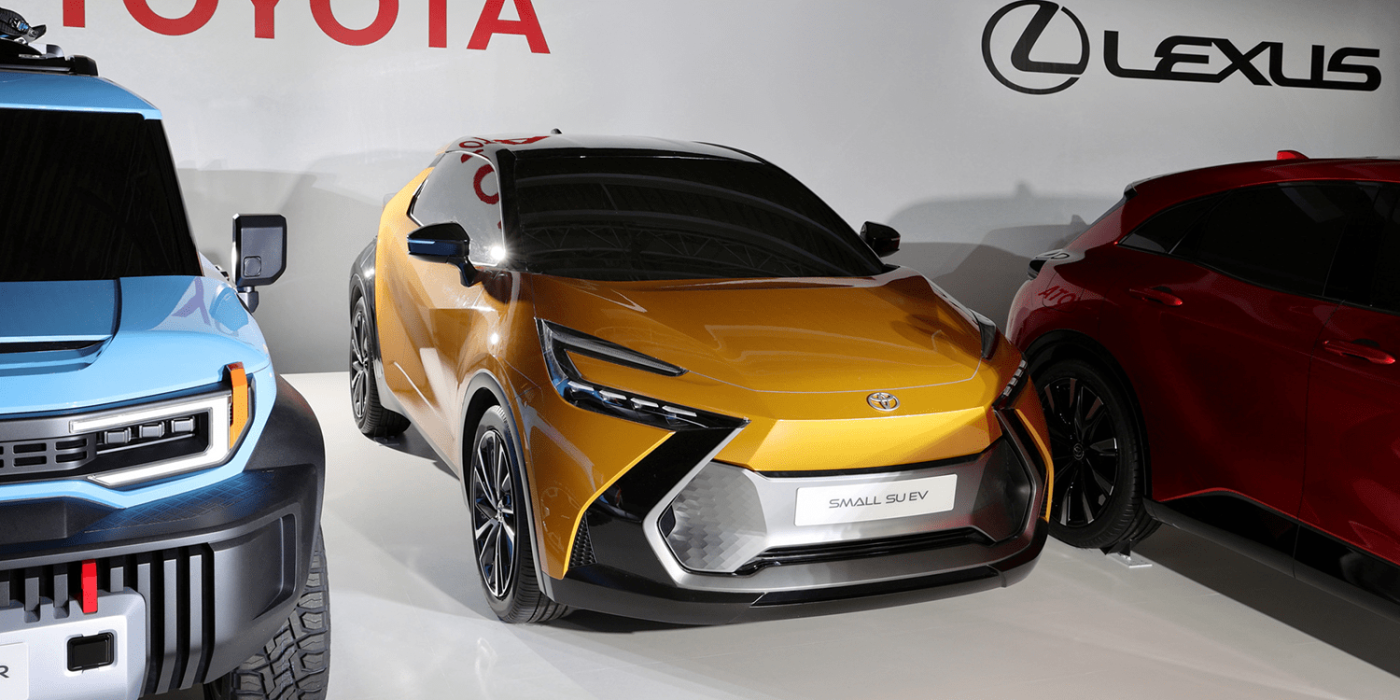
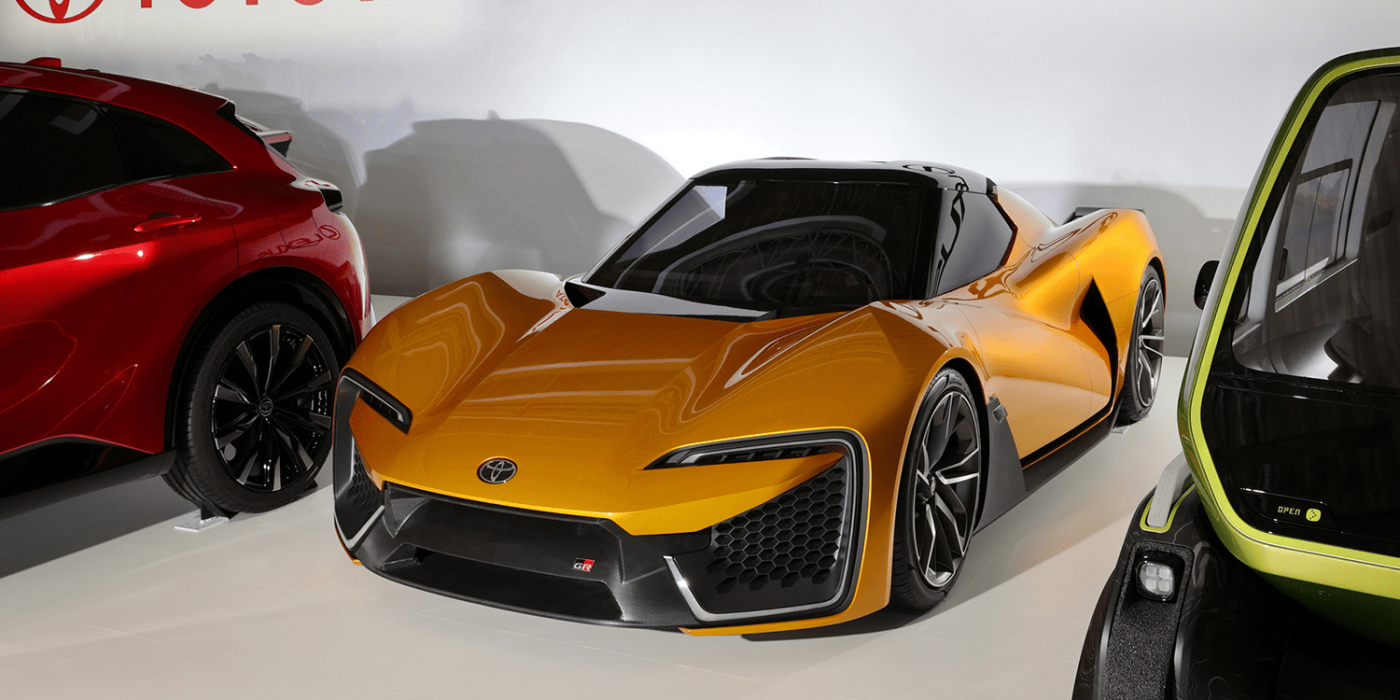
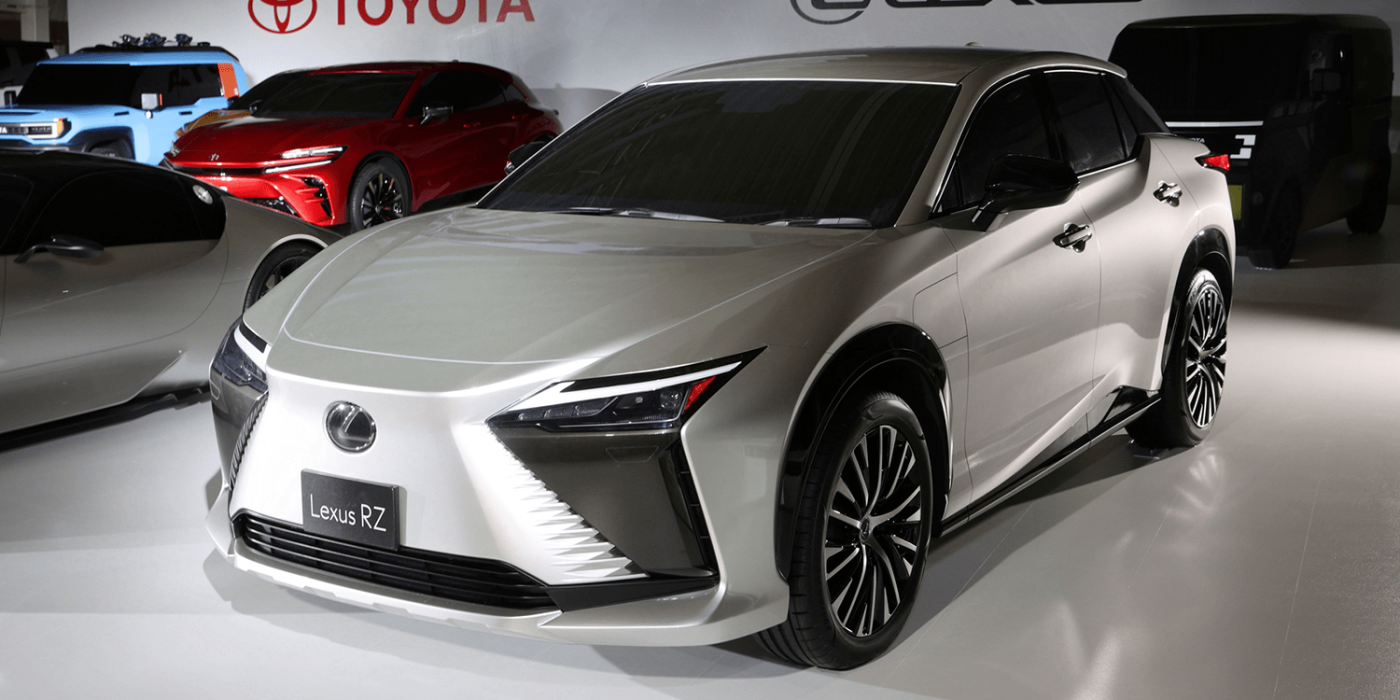
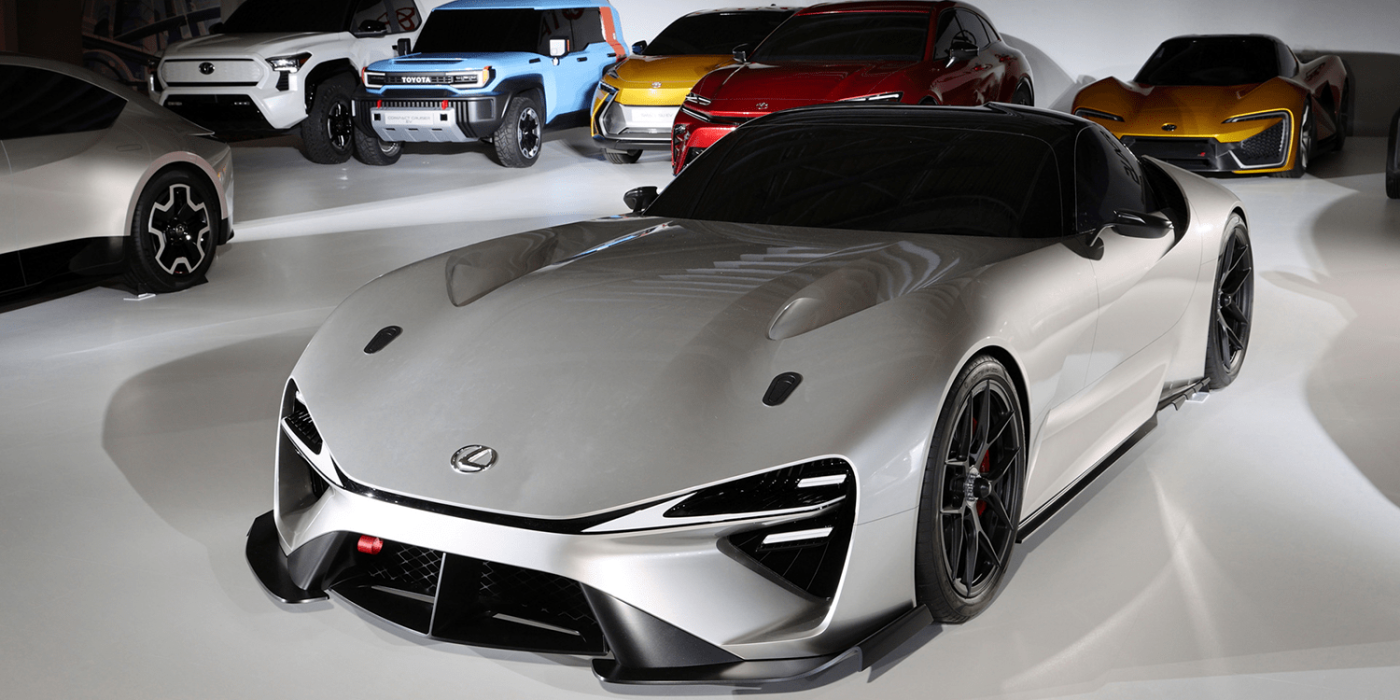
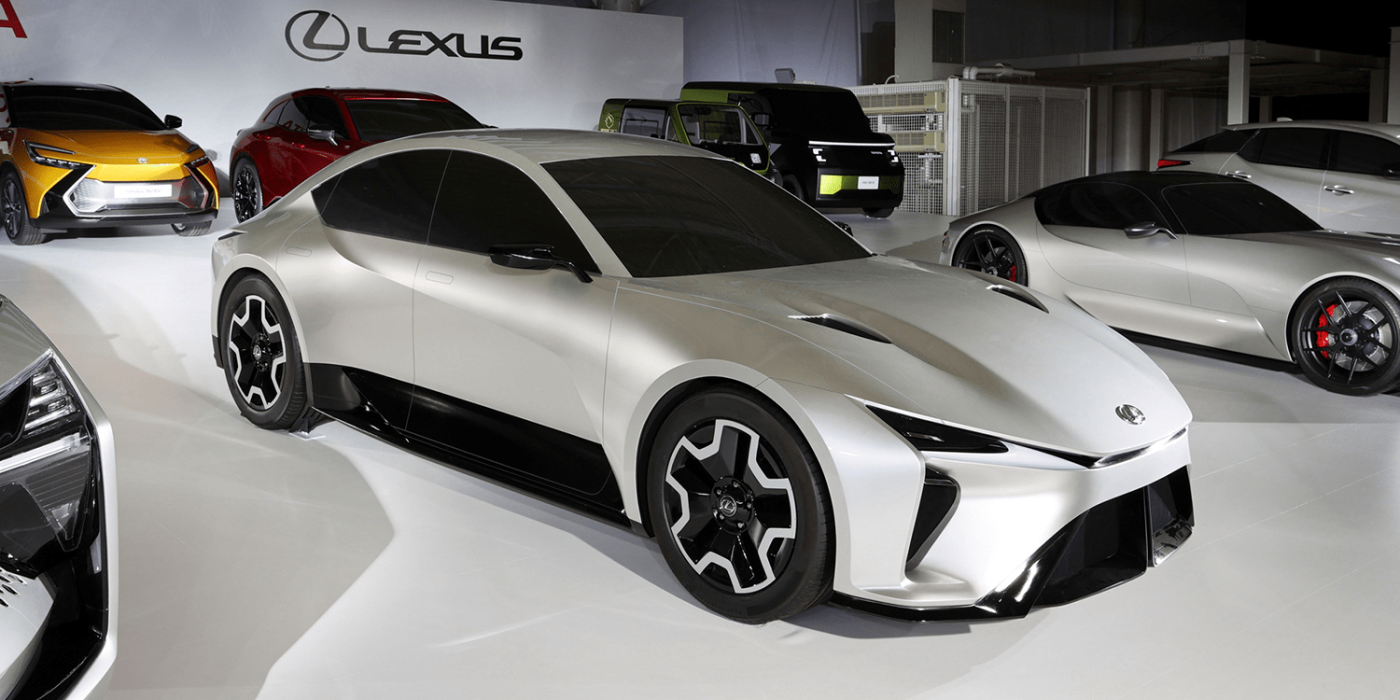
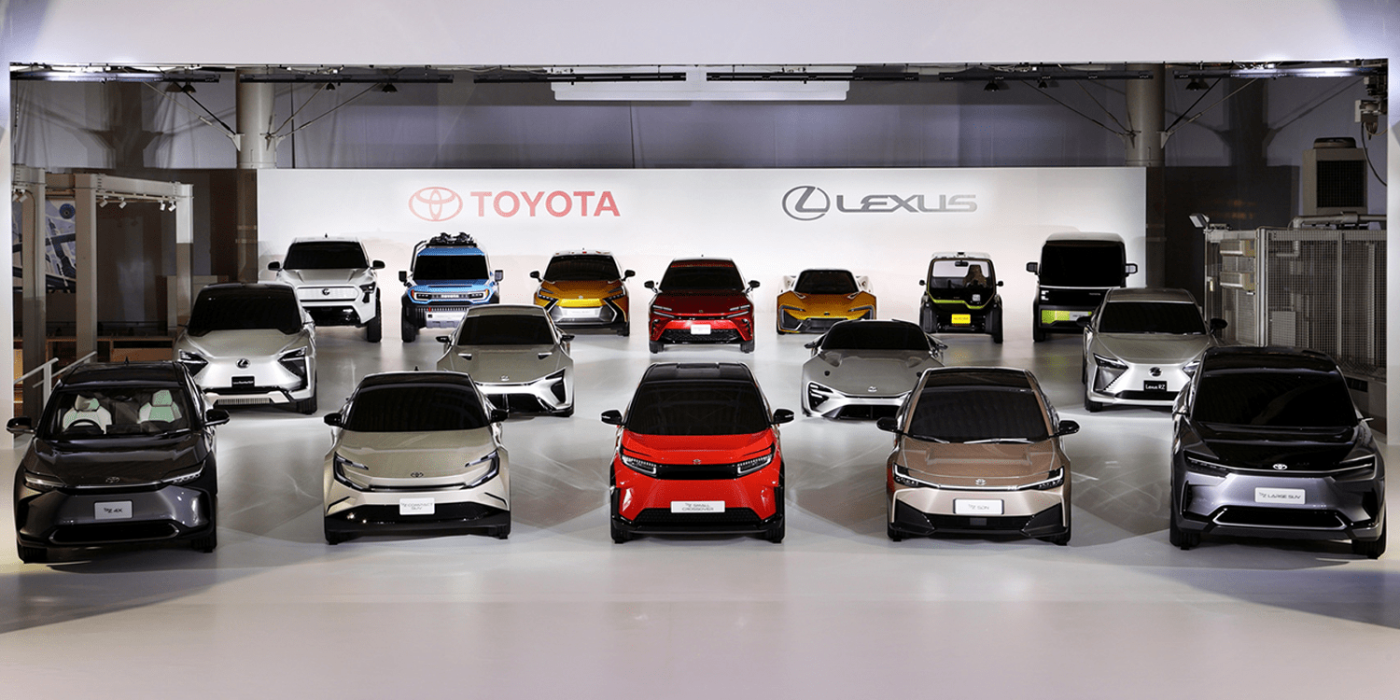
The “acceleration time” – presumably to 100 km/h – is said to be “in the lower two-second range”, the range over 700 kilometres. Sato also spoke of a “possible use of solid-state batteries”, which would be used to develop “a really powerful battery electric vehicle”.
“Through Battery EV’s, we will develop Lexus into a brand that offers a variety of experiences harnessing performance development that only a car maker like Lexus could do, and by honing the craft of making ever more personal products,” Sato added. Sato does not mention plans for fuel cell cars at Lexus, speaking only of “battery EVs”.
Akio Toyoda wants to build on his company’s many years of experience in the BEV offensive that is now imminent. Even though Toyota has recently attracted more attention with its hybrid marketing and hydrogen vehicles, the company has been working on electric vehicles since 1992. In 1996, a RAV4 EV was launched – in manageable numbers. In the same year, Toyota founded a battery subsidiary, which has since been merged into the joint venture Prime Earth EV Energy.
Toyoda states that Toyota has since produced more than 19 million batteries. “We believe that our accumulated experience is an asset that gives us a competitive edge,” the executive said. “Going forward, we will increase our new investment in batteries from the 1.5 trillion yen announced in September to 2 trillion yen, aiming to realize even more-advanced, high-quality, and affordable batteries.” This is equivalent to about 15.6 billion euros.
Toyota wants to make production more flexible
However, the announced battery developments and vehicles are not a departure from hydrogen projects. “At present, the energy situation varies greatly from region to region. That is exactly why Toyota is committed to providing a diversified range of carbon-neutral options to meet whatever might be the needs and situations in every country and region,” Toyoda said. “It is not us but local markets and our customers who decide which options to choose.”
With shorter lead times and flexible production that allows for high mix volumes, Toyota aims to be able to respond to these local trends – ensuring its own competitiveness. “As for why we try to keep so many options, in terms of business management, one might think it’d be more efficient to focus on fewer choices,” Toyoda says. “However, we believe that quickly adapting to changes in the future is more important than trying to predict the future, which is uncertain.”

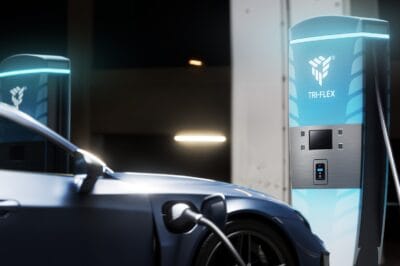
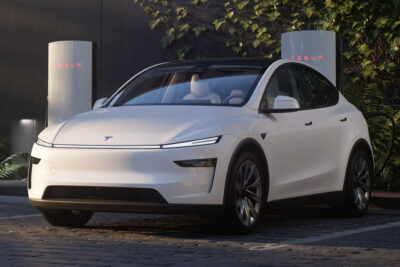
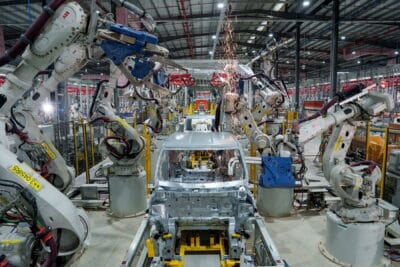
0 Comments